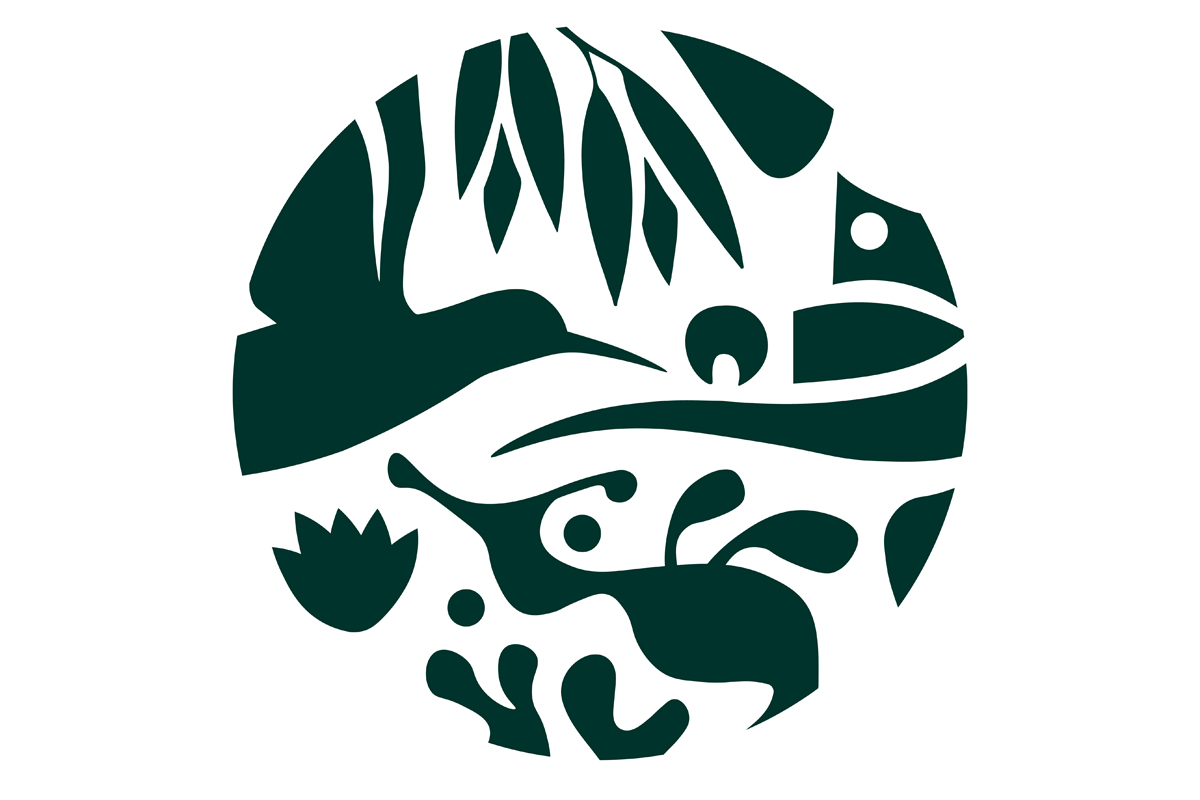THE Western Port Biosphere Reserve has retained its UNESCO status for the next decade and rebranded itself with a more contemporary logo.
The two moves coincide with the state government’s “investment in marine ecosystems and blue carbon” through the foundation and the Bunurong Aboriginal Land Council.
The UNESCO status renewal confirms the reserve as being south-eastern Australia’s only member among the 748-members from 134 countries in the world biosphere reserve network.
The foundation’s CEO, Mel Barker, said UNESCO’s decision. Followed a “rigorous review” which also marked the Western Port Biosphere Reserve entering its third decade.
“This is fantastic recognition of the collaboration of our many partners and communities to ensure the future of the habitats, biodiversity and communities that make this one of Australia’s most attractive places to live, work and play,” she said.
Barker said a major focus for UNESCO was the development and implementation of management plans for its network of biosphere reserves and the international body had noted some future challenges for Western Port.
“Western Port is a critical economic and environmental asset for Victoria and it needs an overarching strategic plan to provide a roadmap for its effective management,” Barker said.
“A primary goal for us is to advocate for and partner with government and other stakeholders to develop a strategic framework for Western Port.
“With its internationally acclaimed Ramsar wetlands, annual population of thousands of migratory birds, tracts of natural woodlands and waterways and its unique marine environment Western Port needs to be given equal recognition to neighbouring Port Phillip, which at least has a management plan.
“A strategic plan will be essential to effectively dealing with multiple challenges and pressures within the reserve brought about by the planned transition to renewable energy and hydrogen production, the potential impacts of mining, agricultural and residential development and societal impacts such as waste management and recreational activities.”
Barker said a strategic plan would be a framework for “more informed and better decision making”.
The foundation would continue to provide “evidence-based analysis, advocacy and project initiatives for the protection and management of natural ecosystems in sympathy with the health and aspirations of the communities within it”.
First published in the Western Port News – 13 September 2023


